When you’re out in the wilderness, surrounded by breathtaking landscapes and the soothing sounds of nature, the last thing you want to worry about is access to clean drinking water. For many camping enthusiasts, the thrill of adventure can quickly turn into a stressful situation if you’re unsure about the safety of your water source. We understand the importance of staying hydrated and healthy while exploring the great outdoors, which is why we’ve put together this guide to help you find the best water filter for your camping adventures. Whether you’re trekking through remote trails or setting up camp by a crystal-clear lake, we’ll walk you through the top options available, ensuring you can enjoy your time in nature with peace of mind.



Understanding Water Contaminants
Water is essential for life, but not all water is safe to drink. Natural water sources, such as rivers, lakes, and wells, can harbor a variety of contaminants that pose serious health risks. This section explores the common types of water contaminants, the importance of filtering water before consumption, and the potential health hazards associated with untreated water.
Common Water Contaminants
Bacteria
Bacteria are microscopic, single-celled organisms that can be found in various water sources. While some bacteria are harmless, others can cause serious illnesses. Common pathogenic bacteria include:
- Escherichia coli (E. coli): Often found in fecal matter, E. coli can lead to severe gastrointestinal issues.
- Salmonella: This bacterium can cause food poisoning and is often linked to contaminated water.
- Legionella: Responsible for Legionnaires’ disease, this bacterium thrives in warm water systems.
Viruses
Viruses are even smaller than bacteria and can be highly infectious. They can enter water supplies through human or animal waste. Notable waterborne viruses include:
- Norovirus: Commonly associated with outbreaks of gastroenteritis, norovirus can be transmitted through contaminated water.
- Hepatitis A: This virus causes liver infection and can be spread through ingestion of contaminated water.
Protozoa
Protozoa are single-celled organisms that can be more resistant to conventional water treatment methods. Common protozoan contaminants include:
- Giardia lamblia: This parasite can cause giardiasis, leading to diarrhea and abdominal pain.
- Cryptosporidium: Often found in water contaminated with animal waste, Cryptosporidium can cause respiratory and intestinal issues.
Sediment
Sediment refers to particles of soil, sand, and minerals that can accumulate in water sources. While sediment itself may not pose a direct health risk, it can harbor harmful bacteria and other pathogens. Excess sediment can also clog filters and affect the taste and clarity of water.
The Importance of Water Filtration
To ensure safe drinking water, it is crucial to filter water before consumption. Here are some reasons why:
- Remove Pathogens: Effective water filters can eliminate harmful bacteria, viruses, and protozoa, providing protection against waterborne illnesses.
- Improve Taste and Odor: Filters can remove sediment and chlorine, enhancing the overall quality of drinking water.
- Protect Your Health: Drinking untreated water increases the risk of gastrointestinal diseases and other health issues.
Recommended Water Filtration Products
When choosing a water filtration system, consider the following products known for their effectiveness:
- Brita Ultra Max Filtering Dispenser: This pitcher-style filter reduces chlorine taste and odor, as well as particulate contamination.
- PUR Ultimate Filtration System: Featuring a faucet-mounted filter, this product effectively removes over 70 contaminants, including lead and microbial cysts.
- Sawyer Products MINI Water Filtration System: Ideal for outdoor enthusiasts, this portable filter can remove 99.99999% of bacteria and 99.9999% of protozoa.
| Product Name | Filtration Type | Contaminants Removed | Capacity |
|---|---|---|---|
| Brita Ultra Max Filtering Dispenser | Pitcher Filter | Chlorine, sediment | 18 cups |
| PUR Ultimate Filtration System | Faucet-Mounted Filter | 70+ contaminants | N/A |
| Sawyer Products MINI | Portable Filter | 99.99999% bacteria, 99.9999% protozoa | 100,000 gallons |
Health Risks of Drinking Untreated Water
The consequences of consuming untreated water can be severe. Here are some potential health risks:
- Gastrointestinal Illnesses: Ingesting contaminated water can lead to diarrhea, vomiting, and abdominal cramps, which can be especially dangerous for young children and the elderly.
- Long-term Health Effects: Some waterborne pathogens can cause chronic health issues, including kidney failure or liver disease.
- Increased Risk of Outbreaks: Drinking untreated water increases the likelihood of contracting contagious diseases, leading to outbreaks in communities.
Understanding the various contaminants found in natural water sources and the importance of filtering water can help individuals and families make informed choices for their health and safety. By investing in a reliable water filtration system, such as those mentioned above, you can ensure the water you drink is clean, safe, and free from harmful pathogens.
Types of Water Filters for Camping
When venturing into the great outdoors, ensuring access to clean water is paramount. The right water filter not only keeps you hydrated but also protects against potential waterborne illnesses. In this section, we will delve into the various types of water filters ideal for camping, exploring their mechanisms, advantages, and potential drawbacks. This information will help you make an informed decision based on your specific needs.
Pump Filters
How They Work
Pump filters operate by creating a vacuum that pulls water through a filter cartridge. Users manually pump the water from a source, such as a river or lake, into a clean container.
Advantages
- Fast Filtration: Pump filters can process water quickly, making them suitable for larger groups or when time is of the essence.
- Versatile Sizing: They often come with interchangeable filter cartridges tailored for various contaminants.
- Durability: Many models are built to last with robust materials.
Drawbacks
- Weight and Bulk: Pump filters can be heavier and bulkier than other options, making them less ideal for ultralight backpacking.
- Manual Effort: The pumping action can be tiring, especially when filtering large amounts of water.
Recommended Products
- MSR MiniWorks EX: This compact filter is renowned for its ease of use and long-lasting filter cartridges, capable of filtering 1,000 liters of water.
- Katadyn Hiker Pro: A lightweight and reliable option, it features a dual filter system and has an easy-to-clean prefilter.
Gravity Filters
How They Work
Gravity filters utilize gravity to pull water through a filter media. Water is poured into a top reservoir, and as it flows down, it passes through the filter, collecting clean water in a container below.
Advantages
- Hands-Free Operation: Once set up, gravity filters require minimal attention, allowing you to multitask while the water filters.
- High Volume: They can filter large quantities of water at once, making them ideal for groups or longer trips.
- Lightweight Options Available: Some models are designed to be lightweight for backpacking.
Drawbacks
- Slower Filtration Rate: Compared to pump filters, gravity filters can take longer to process water.
- Limited Cleaning Options: Some models can be challenging to clean without specific accessories.
Recommended Products
- Platypus GravityWorks: This system allows for quick and efficient filtration, processing up to 4 liters in about 2.5 minutes.
- Sawyer Squeeze: This versatile filter can be used with a hydration pack or water bottles, filtering up to 100,000 gallons of water.
Straw Filters
How They Work
Straw filters are portable, personal water filtration devices that allow you to drink directly from water sources. The filter is integrated into the straw, which purifies water as you sip.
Advantages
- Portability: Straw filters are incredibly lightweight and compact, making them perfect for ultralight backpackers.
- Immediate Use: You can drink directly from streams or lakes without needing additional containers.
- Low Cost: Generally, straw filters are more affordable than other filtration systems.
Drawbacks
- Limited Capacity: Most straw filters are designed for personal use and may not suffice for groups or larger needs.
- Shorter Lifespan: They often have a limited filter lifespan compared to other types.
Recommended Products
- LifeStraw Personal Water Filter: This popular option filters up to 1,000 liters and is well-regarded for its reliability and effectiveness.
- Sawyer Mini Water Filter: Lightweight and compact, this model filters up to 100,000 gallons, making it a great long-term investment.
UV Purifiers
How They Work
UV purifiers use ultraviolet light to kill bacteria, viruses, and protozoa in water. Users submerge a UV light device into a water source, and after a few minutes, the water is rendered safe to drink.
Advantages
- Effective Disinfection: UV purifiers are highly effective against a wide range of pathogens.
- Speed: Water can be treated in as little as 60 seconds, making it one of the fastest options available.
- No Chemicals Required: This method does not alter the taste of water or leave any chemical residues.
Drawbacks
- Power Dependency: Most UV purifiers require batteries or charging, which can be a disadvantage on extended trips without access to power.
- Limited Effectiveness in Murky Water: UV light can struggle to penetrate cloudy or sediment-rich water, necessitating pre-filtering in such conditions.
Recommended Products
- Steripen Adventurer Opti: This compact UV purifier is lightweight and portable, perfect for solo travelers. It treats 1,000 liters on a single set of batteries.
- CamelBak All Clear: This UV purifier is equipped with a built-in water bottle and can treat up to 80 liters per charge, making it great for day trips.
Comparison Table of Camping Water Filters
| Type | Weight | Filtration Speed | Group Capacity | Lifespan of Filter | Cost |
|---|---|---|---|---|---|
| Pump Filter | Medium | Fast | High | 1,000 liters | $80-$120 |
| Gravity Filter | Light/Medium | Moderate | High | 100,000 gallons | $50-$150 |
| Straw Filter | Very Light | Instant | Personal | 1,000 liters | $20-$30 |
| UV Purifier | Light | Fast | Personal | 1,000 liters | $80-$100 |
By understanding the differences between these types of water filters, you can choose the one that best fits your camping style and needs. Whether you prioritize speed, weight, or the ability to filter large quantities of water, there is a suitable option available for every adventurer.
Key Features to Look for in a Camping Water Filter
When embarking on a camping journey, ensuring access to clean drinking water is paramount. Choosing the right water filter can significantly enhance your outdoor experience by providing safe hydration. Here are some critical features to consider when selecting a camping water filter, along with practical examples to help guide your decision.
Flow Rate
The flow rate refers to how quickly water can be filtered through the device. A higher flow rate means you can fill your water bottles faster, which is crucial when you’re on the move or camping with a larger group.
- Example: The Sawyer Squeeze Water Filter boasts a flow rate of up to 2 liters per minute, making it an excellent choice for quick hydration, especially during group trips.
Considerations:
- For solo campers or small groups, a flow rate of 1 liter per minute may suffice.
- Larger groups will benefit from filters with a flow rate of 2 liters per minute or higher.
Filter Lifespan
The lifespan of a water filter is an essential factor as it determines how many gallons of water you can filter before needing a replacement. This can save you money over time and reduce waste.
- Example: The Katadyn Hiker Pro filter lasts for up to 200 gallons (or 750 liters) before the filter cartridge needs replacement, making it a long-lasting option for frequent campers.
Considerations:
- For occasional campers, a filter with a lifespan of 100-200 gallons may be sufficient.
- Frequent campers should consider filters rated for 500 gallons or more to ensure they won’t need immediate replacement.
Weight
When camping, every ounce counts. A lightweight water filter is essential for minimizing the overall weight of your gear, especially during extended hikes or backpacking trips.
- Example: The MSR MiniWorks EX weighs just 15 ounces, making it a portable option without sacrificing performance.
Considerations:
- For backpackers, filters weighing less than a pound are ideal.
- Car campers may prioritize performance over weight, allowing for slightly bulkier filters.
Ease of Use
A user-friendly design can make a significant difference in how quickly you can access clean water. Look for features that simplify the filtering process, such as easy-to-follow instructions or intuitive assembly.
- Example: The Lifestraw Flex allows you to drink directly from the water source or use it in conjunction with its included squeeze pouch, providing versatility and ease of use.
Considerations:
- Filters that require extensive setup or complicated maintenance may not be ideal for novice campers.
- Choose a filter with a straightforward cleaning process, such as backflushing or rinsing.
Maintenance Requirements
Understanding the maintenance needs of your water filter can help you choose one that fits your camping style. Some filters require regular cleaning or specific handling to maintain optimal performance.
- Example: The Platypus GravityWorks system is designed to self-clean to some extent, reducing the frequency of manual maintenance while still providing reliable filtration.
Considerations:
- If you prefer minimal upkeep, look for filters with self-cleaning capabilities or those that can be easily rinsed without complicated disassembly.
- Regularly check the manufacturer’s guidelines for maintenance to ensure longevity.
Quick Comparison Table of Camping Water Filters
| Feature | Sawyer Squeeze | Katadyn Hiker Pro | MSR MiniWorks EX | Lifestraw Flex | Platypus GravityWorks |
|---|---|---|---|---|---|
| Flow Rate | Up to 2 L/min | 1 L/min | 1 L/min | 1 L/min | 1.5 L/min |
| Filter Lifespan | 100,000 gallons | 200 gallons | 2,000 liters | 1,000 liters | 1,500 liters |
| Weight | 3 oz | 12 oz | 15 oz | 2 oz | 11 oz |
| Ease of Use | Very easy (squeeze bag) | Simple pump mechanism | Simple pump mechanism | Direct drink or pouch | Gravity feed |
| Maintenance | Low | Moderate | Moderate | Low | Low |
Prioritizing Features Based on Conditions
When selecting a water filter, it’s essential to weigh these features according to your specific camping conditions and group size:
- Solo campers might prioritize weight and ease of use, opting for pocket-sized filters like the Lifestraw Flex.
- Group campers should focus on flow rate and filter lifespan, perhaps choosing the Sawyer Squeeze or Platypus GravityWorks for their higher efficiency.
- Backpackers often need lightweight options without compromising performance, making the MSR MiniWorks EX a reliable choice.
- Car campers can afford to carry slightly heavier filters, such as the Katadyn Hiker Pro, which offers extensive filtration capabilities.
By considering these key features and practical examples, you can make an informed decision that best suits your camping needs and ensures access to safe, clean drinking water throughout your adventure.
Final Thoughts on Selecting Your Ideal Camping Water Filter
In conclusion, selecting the right water filter for your camping adventures is essential to ensure safe and potable drinking water in the great outdoors. We explored various options, including gravity filters, pump filters, and UV purifiers, each with its unique advantages and suitability for different camping styles. Ultimately, the best choice will depend on your specific needs, such as group size, duration of the trip, and water source availability. Regardless of the option you choose, having a reliable water filtration system not only enhances your camping experience but also provides peace of mind, allowing you to fully immerse yourself in nature without the worry of waterborne illnesses. Whether you’re a weekend warrior or a seasoned backpacker, investing in a quality water filter is a small step that leads to big adventures. Happy camping!
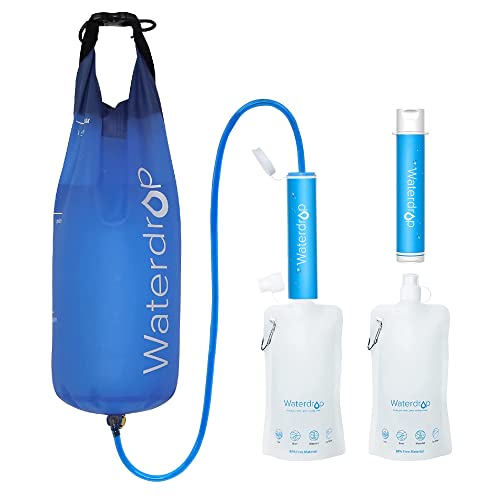
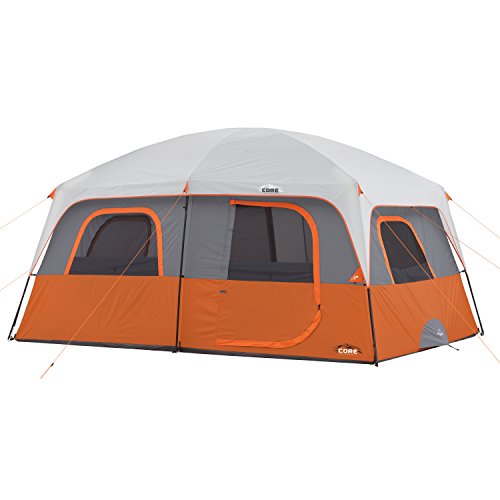

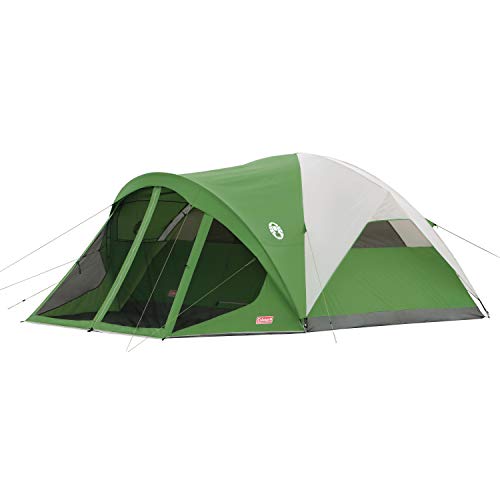
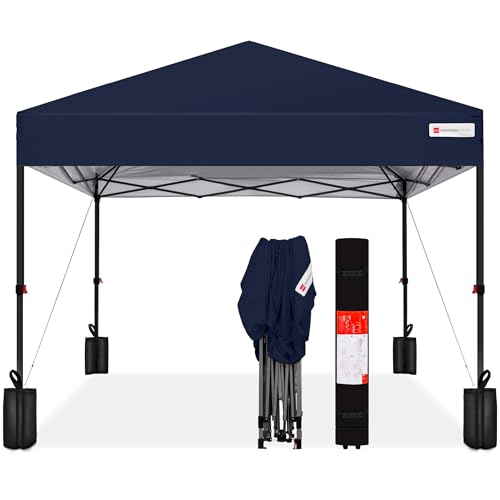
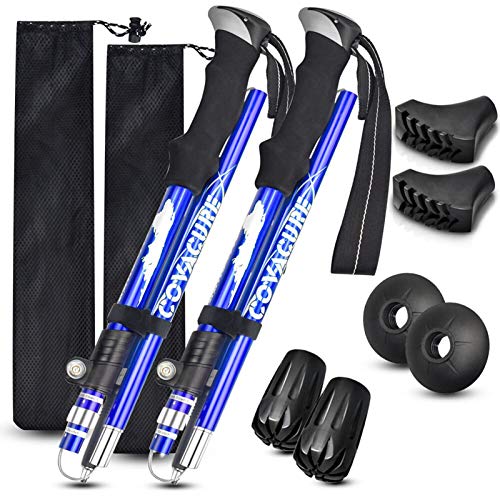
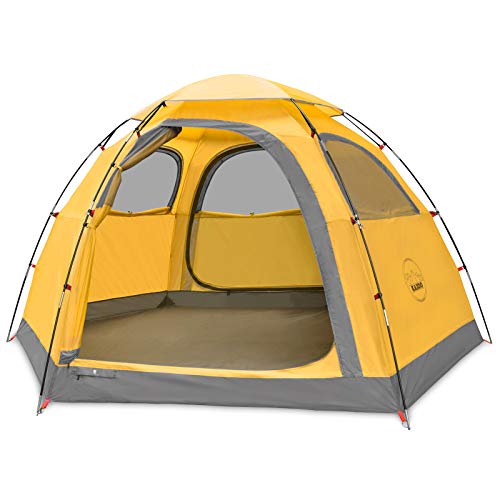
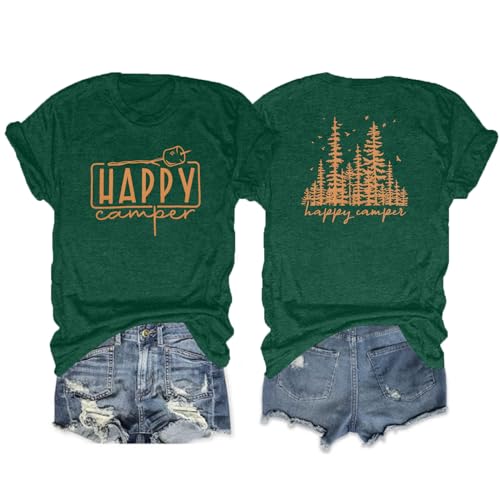
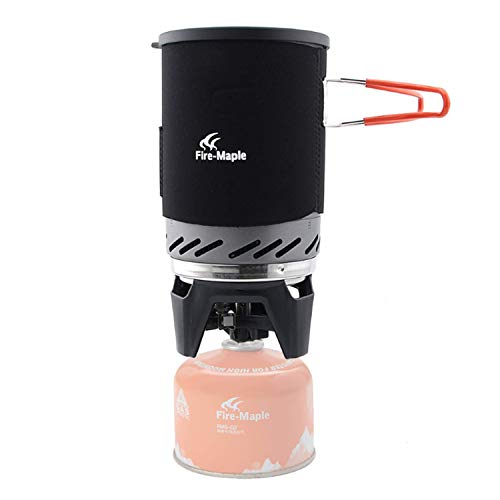
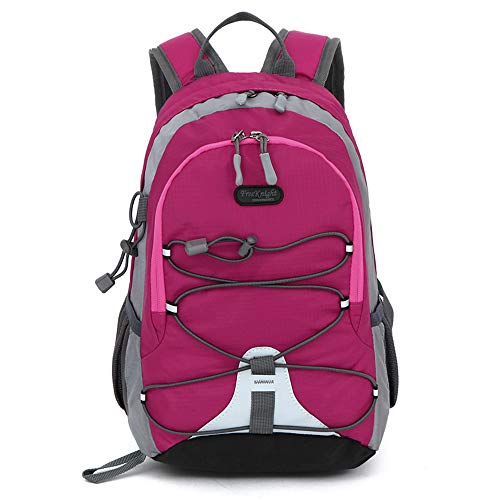
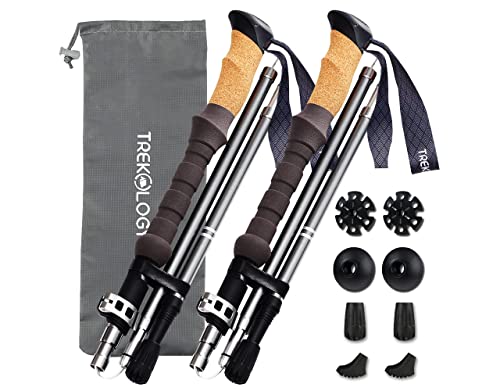
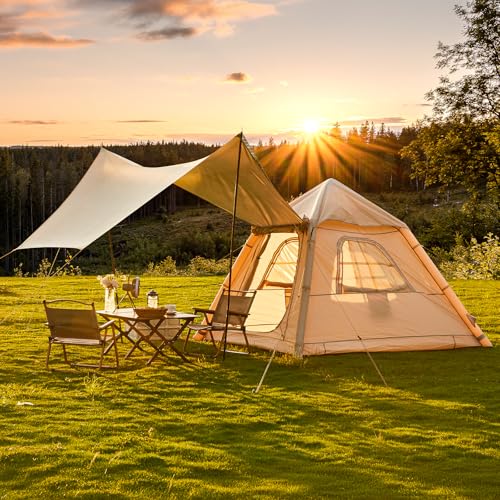
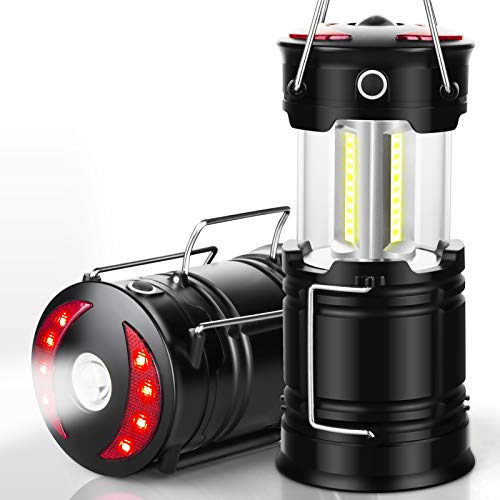
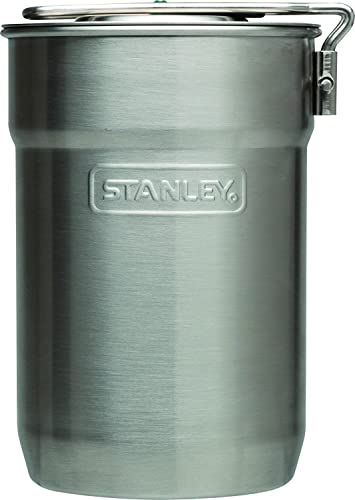
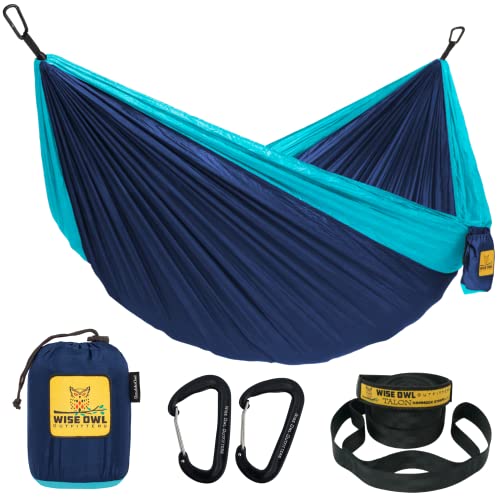
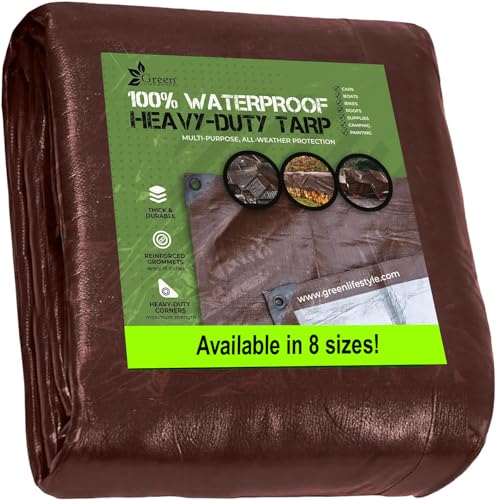
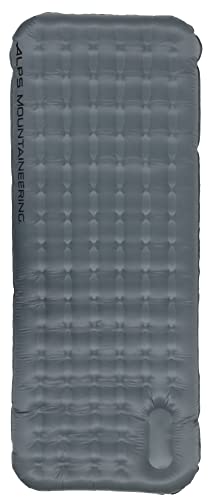
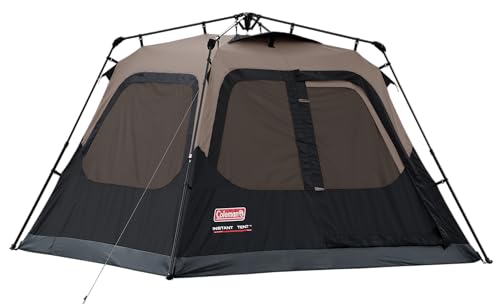
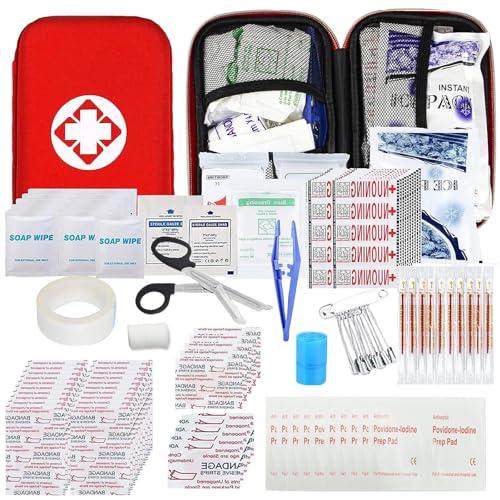
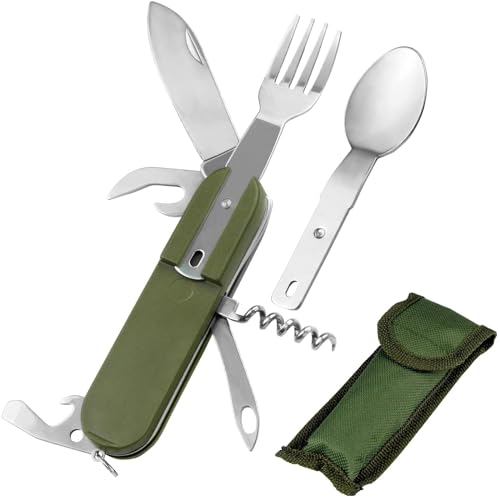
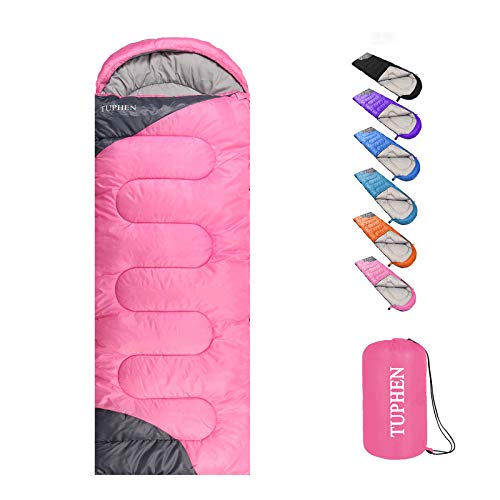
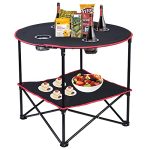
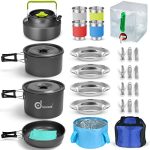
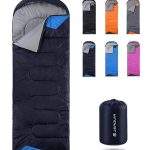
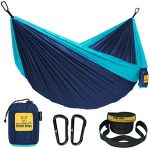
Is there any debate on the effectiveness of UV filters vs. traditional filters? I’ve heard mixed opinions from other campers!
Absolutely, that’s a hot topic! UV filters can be super effective, but there are some downsides too, like needing batteries. I’ll look into writing something that compares them more thoroughly!
Thanks for the feedback! That’s a great idea! I’ll definitely consider covering that in a future post. Different sources can definitely require different approaches.
Any recommendations for books or other articles on outdoor survival skills? Would love to expand my knowledge!
Sure thing! I recommend checking out ‘Outdoor Survival Skills’ by Blake Alma. It covers a lot of great tips and tricks. Let me know if you find it helpful!
Can you provide more details on the maintenance of these filters? Like how often to clean or replace them?
Great question! Maintenance can vary by model, but generally, you should clean them after each trip. I’ll add a section on maintenance tips in the next update!
I used the Katadyn BeFree filter on my last camping trip, and it worked wonders! Super lightweight and easy to use. Highly recommend it!
That’s awesome! The Katadyn BeFree is a favorite among many campers for sure. Thanks for sharing your success story!
Hey, loved the article! Could you do a deep dive into how to choose a filter for different types of water sources? Like rivers vs. lakes?